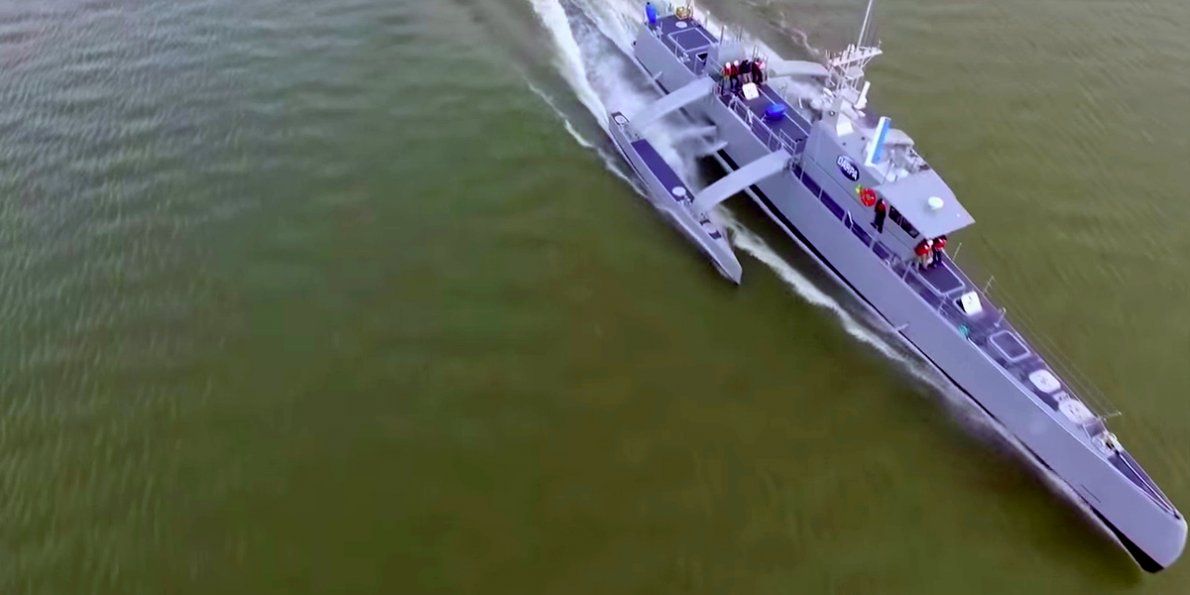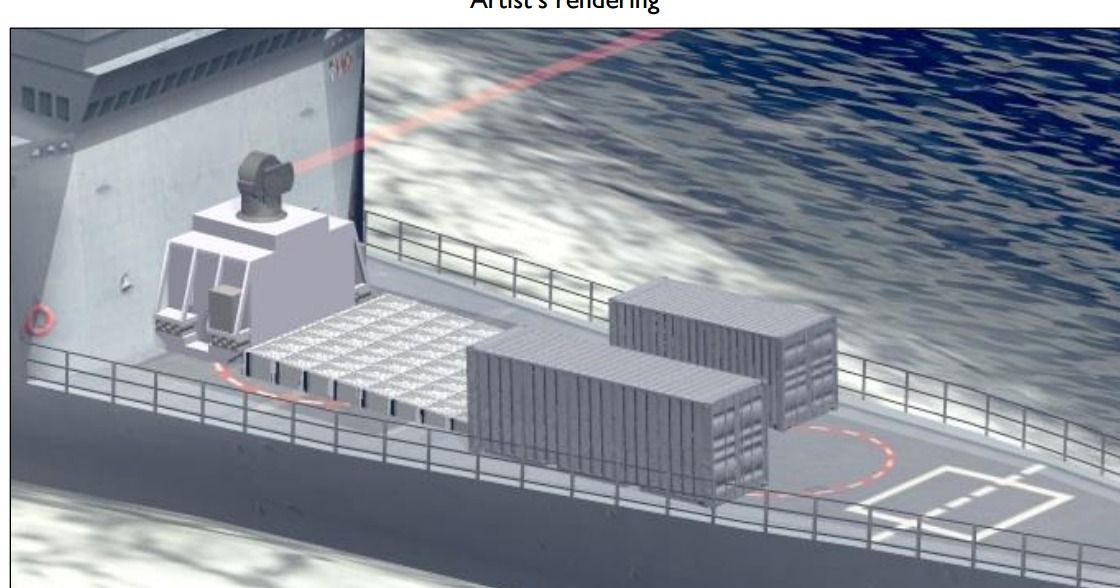Nice; Universal Soldier time.
So Orlowski and the advanced research agency have their work cut out for them. Meanwhile Americans have plenty of reasons to be skeptical they’ll succeed — and not just because the Pentagon has repeatedly failed to manage complex weapons programs without cost overruns and technical problems, the prime example being the F-35 Joint Strike Fighter.
The Pentagon launched Squad X in 2013, to solve longtime serious problems. A squad, which is roughly a dozen troops, is the smallest conventional military unit capable of fighting independently. A “dismounted” squad — meaning traveling on foot rather than in vehicles — usually carries rifles, grenades, a few machine guns and several radios. It depends on larger units for speedy transportation, heavy firepower and long-range communications.
Today, and throughout recent history, squads have fought under major constraints. Squad members constantly struggle to keep track of each other and the enemy. They can only see what’s in their direct line of sight — and can only shoot what they can see.






 The U.S. Marine Corps has launched a cyberspace warfare group to help man, equip and train the military branch’s cyber mission teams to conduct defensive and offensive operations.
The U.S. Marine Corps has launched a cyberspace warfare group to help man, equip and train the military branch’s cyber mission teams to conduct defensive and offensive operations.
